Farm Management
All Farm Management Content
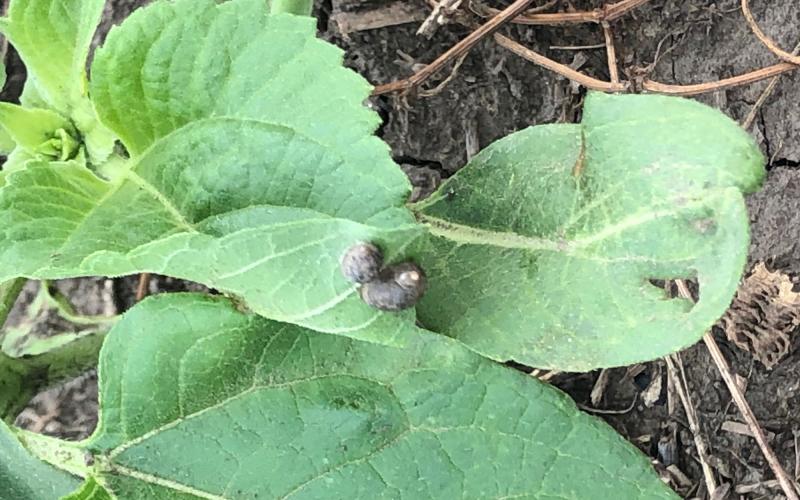
Snails Observed in South Dakota Sunflower
Last week we received reports of snail populations causing issues in South Dakota sunflower fields. Snails are normally not an issue in South Dakota crops but like their slug relatives, they can pose a threat to crops when field conditions are just right.
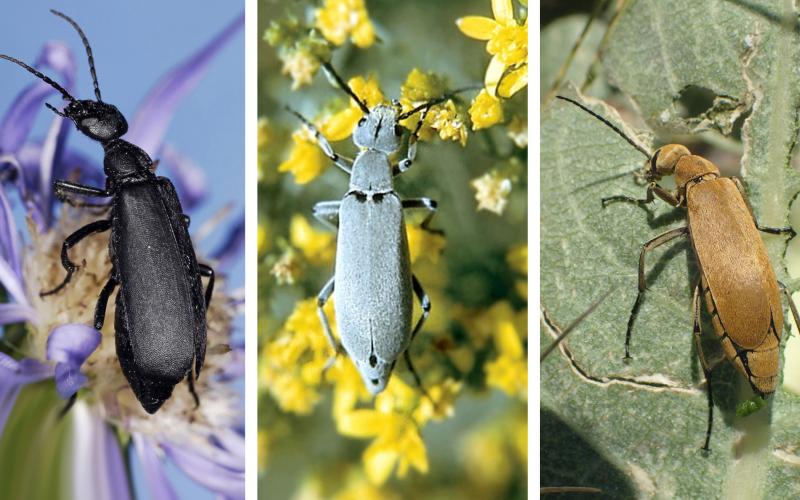
Check Alfalfa for Blister Beetle Activity
Blister beetles are becoming more common as we progress through the growing season. Recently, there have been multiple reports of blister beetles showing up in alfalfa fields.
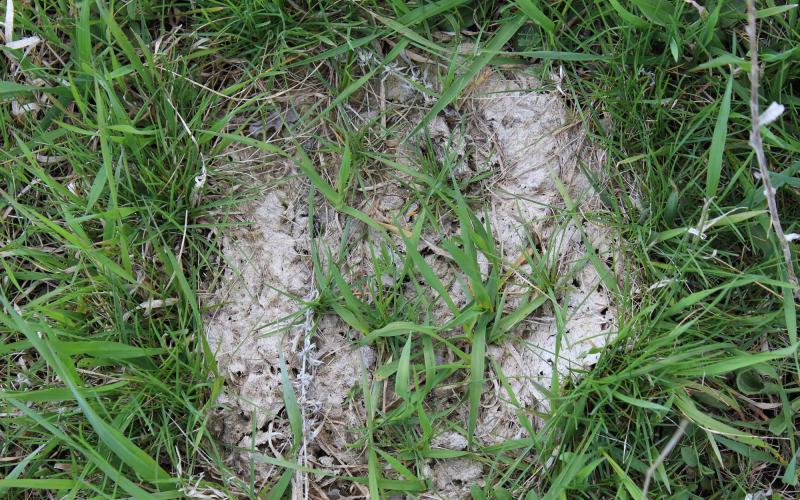
Dung Beetles and Other Insects Can Help Breakdown Dung and Control Pests
This article summarizes findings related to dung beetle ecology and how dung beetles advance the breakdown of dung pats.

Keep an Eye on Your Dairy Farm Employee Vision Health
With the aim to understand more about vision impairment with dairy employees, the SDSU Extension dairy team researched dairy employees' health status with a focus on vision care.
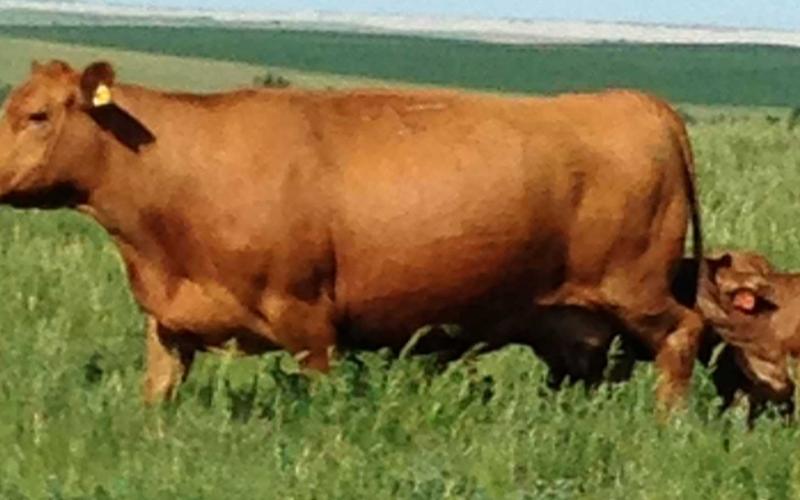
Alternative Calving Considerations
Structuring a calving program that best suites farm and ranch operations can be challenging. Of primary concern are: weather, labor, market timing, and animal health considerations, with weather possibly being the most volatile factor, as it ranges from challenging to catastrophic in some years.
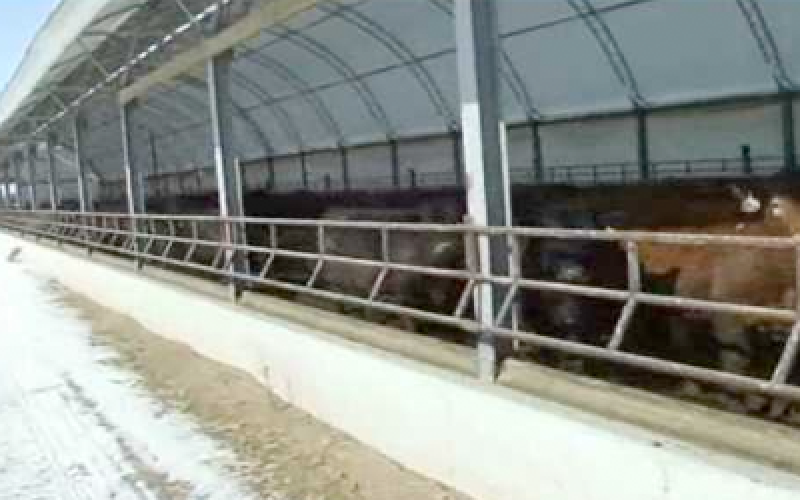
Are You Moving Enough Air in Your Calving Barn? Part 3: Ventilation requirements
Appropriate environments for calving barns are critical to give calves the best start when being born in cold weather. Calves require a dry, clean environment, with lots of fresh air and protection from the wind. A dry and clean environment is critical to avoid transmission of both scours and respiratory disease organisms, and this is primarily accomplished by providing clean bedding and proper ventilation.
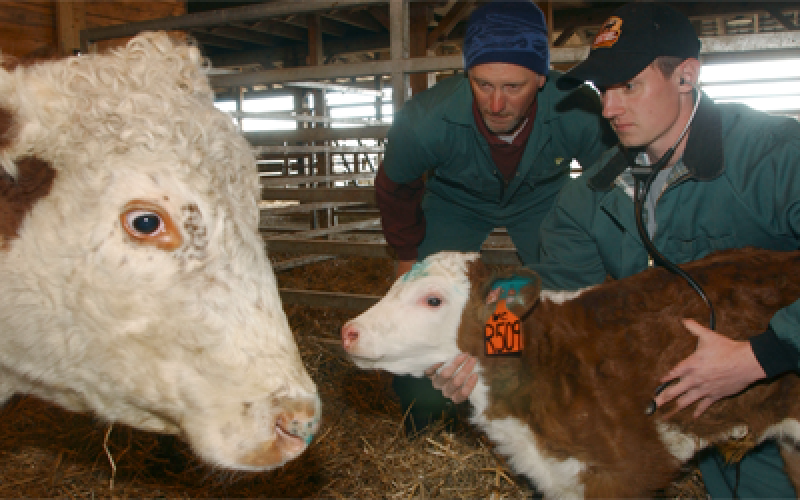
Are You Moving Enough Air in Your Calving Barn? Part 2: Effects of ineffective winter ventilation
High humidity, moisture, and increased levels of air contaminants due to ineffective ventilation can lead to significant health issues in our animals. This is especially of concern to our most sensitive sub-population, newborns and the very young. Even calves that receive adequate colostrum and a good nutritional start to life will have health challenges if they live in highly contaminated environments.
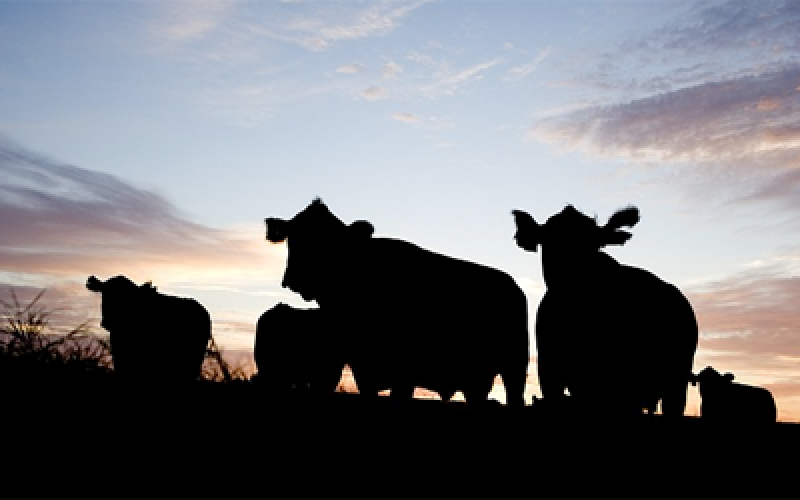
Economic Impact of the Beef Industry on South Dakota
The beef industry in South Dakota makes a significant contribution to economic output and development in the state. As of January 1st, 2012 there were 1,610,000 beef cows in South Dakota. These cows produced 1,710,000 calves during the year and the industry produced an estimated $2,283,766,027 in gross income during 2012 (South Dakota Agriculture 2013).
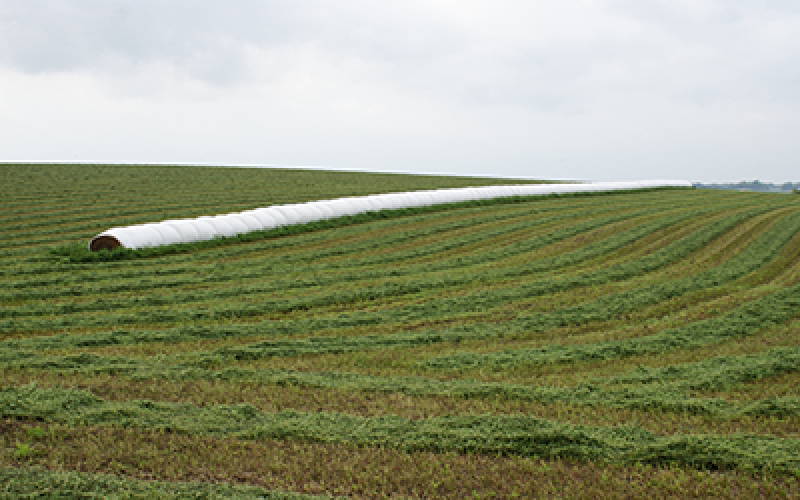
Determining Hay Prices
Before pricing forages, producers will want to have a good understanding about the cost of growing a ton of hay, alfalfa or straw.
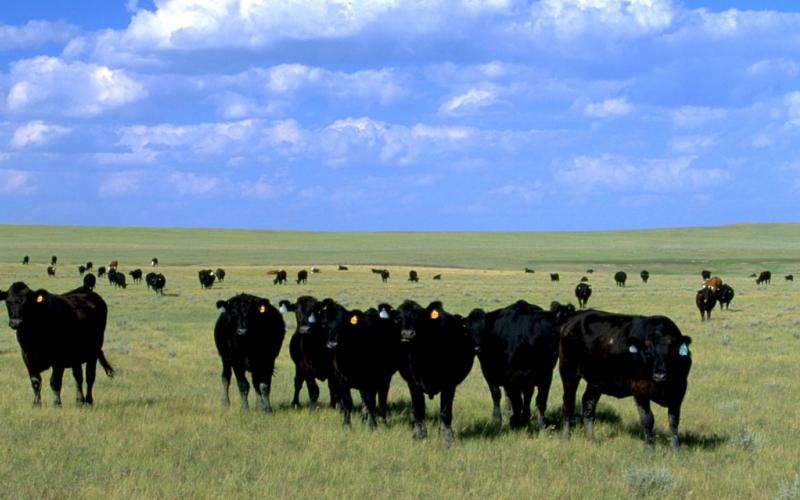
Census of Agriculture Cattle Insights
The "2017 Census of Agriculture" is a valuable source for insights related to cattle operations at the state level. There were 13,928 operations across South Dakota with cattle in 2017, and the total inventory was 3,988,183 head.